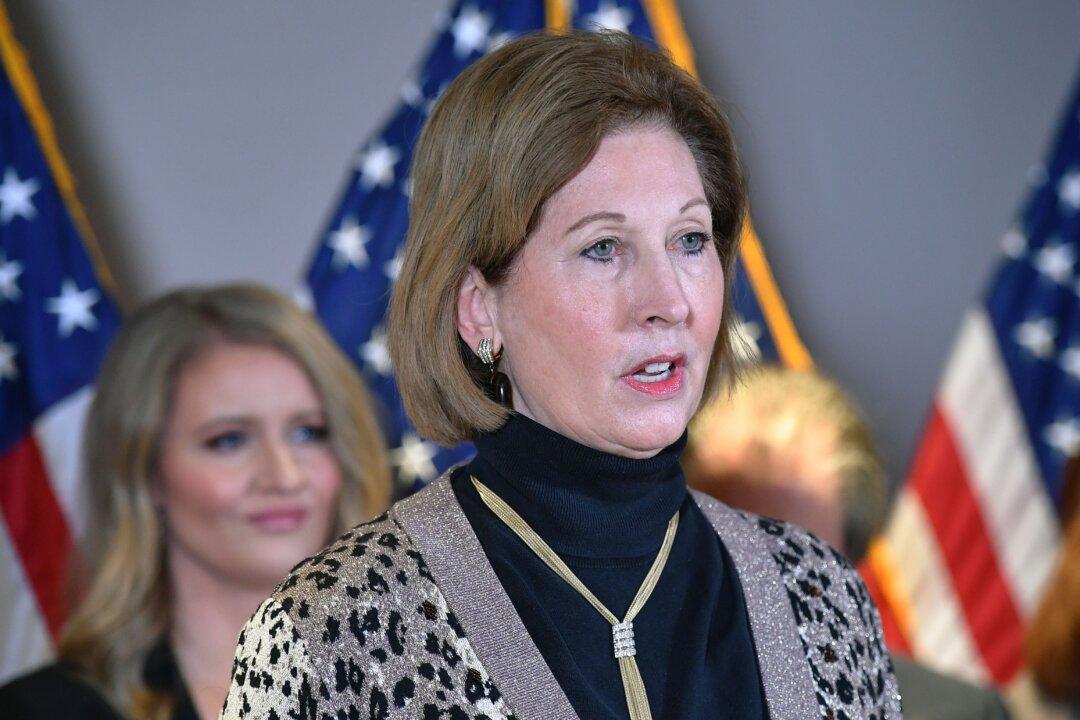Attorney Sidney Powell is asking the U.S. Supreme Court to immediately intervene in her lawsuits challenging the integrity and outcome of the 2020 elections in four states.
In an announcement on Friday, Powell said she had filed emergency requests to the nation’s top court, asking the justices to order officials in Georgia, Michigan, and Arizona to immediately de-certify their 2020 election results and to prevent the states’ presidential electors from casting votes in the electoral college.




